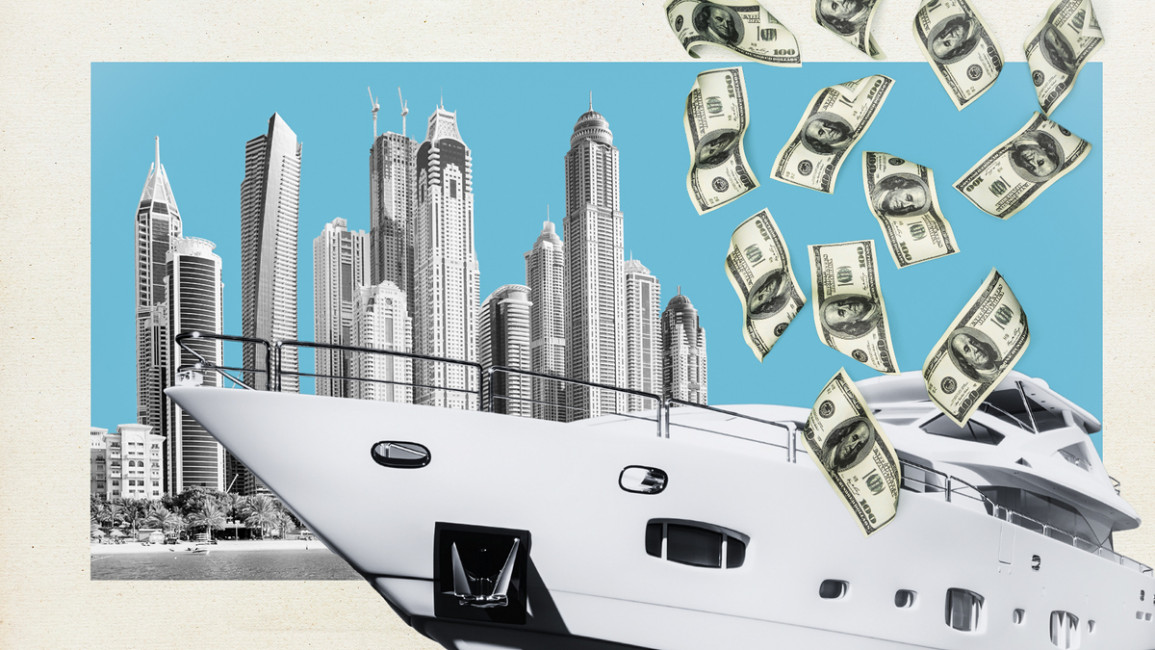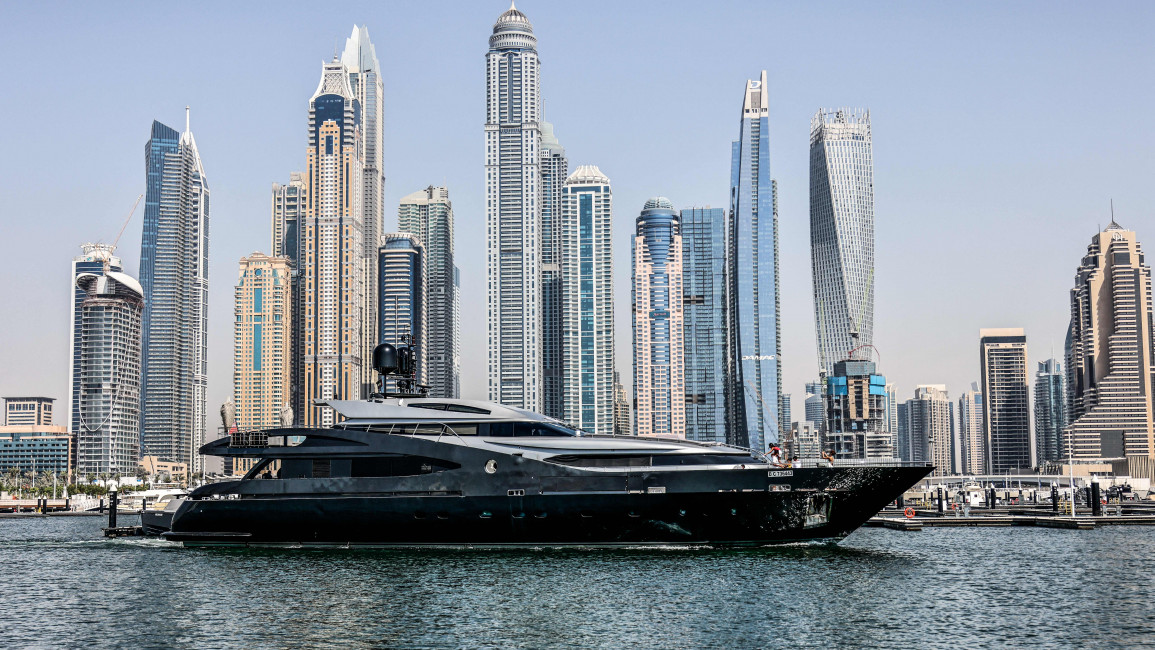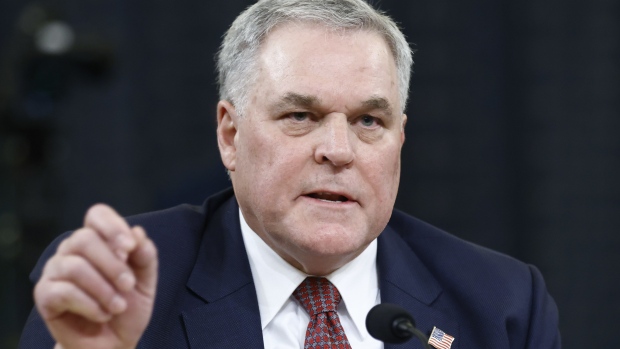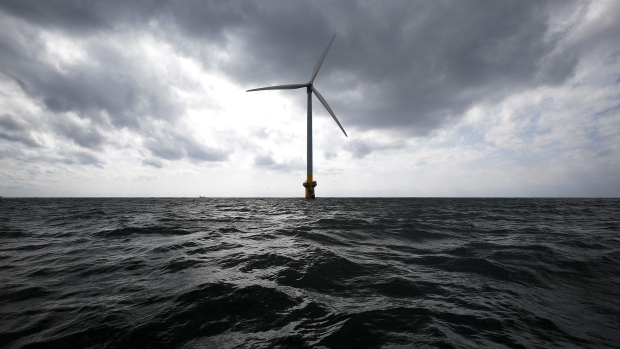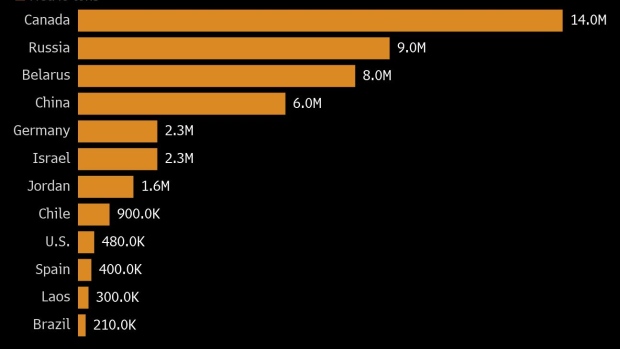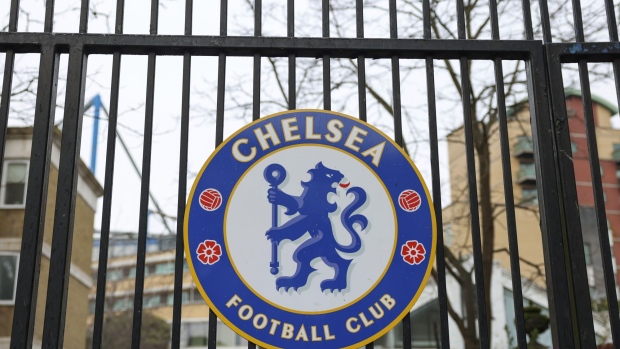Scientists may have solved Professor Stephen Hawking’s black hole paradox
Researchers may have solved Stephen Hawking’s famous black hole paradox – a mystery that has puzzled scientists for almost half a century.
According to two new studies, something called “quantum hair” is the answer to the problem.
In the first paper, published in the journal Physical Review Letters, researchers demonstrated that black holes are more complex than originally thought and have gravitational fields that hold information about how they were formed.
The researchers showed that matter collapsing into a black hole leaves a mark in its gravitational field – an imprint referred to as a “quantum hair”.
In a follow-up paper, published in a separate journal, Physics Letters B, Professor Xavier Calmet from the University of Sussex’s School of Mathematical and Physical Sciences and Professor Stephen Hsu from Michigan State University said quantum hairs resolve Prof Hawking’s Black Hole Information Paradox.
In 1976, Prof Hawking suggested that, as black holes evaporate, they destroy information about what had formed them.
That idea goes against a fundamental law of quantum mechanics which states any process in physics can be mathematically reversed.
In the 1960s, physicist John Archibald Wheeler, discussing black holes’ lack of observable features beyond their total mass, spin, and charge, coined the phrase “black holes have no hair” – known as the no-hair theorem.
However, the newly discovered “quantum hair” provides a way for information to be preserved as a black hole collapses and, as such, resolves one of modern science’s most famous quandaries, experts say.

Prof Calmet said: “Black holes have long been considered the perfect laboratory to study how to merge Einstein’s theory of general relativity with quantum mechanics.
“It was generally assumed within the scientific community that resolving this paradox would require a huge paradigm shift in physics, forcing the potential reformulation of either quantum mechanics or general relativity.
“What we found – and I think is particularly exciting – is that this isn’t necessary.”
Explaining the discovery of the “quantum hair”, Roberto Casadio, Professor of Theoretical Physics from the University of Bologna, said: “A crucial aspect is that black holes are formed by the collapse of compact objects and then, according to the quantum theory, there is no absolute separation between the interior and the exterior of the black hole.
“In the classical theory, the horizon acts as a perfect one-way membrane which does not let anything out and the exterior is therefore the same for all black holes of a given mass.
“This is the classical no-hair theorem.
“However, in the quantum theory, the state of the matter that collapses and forms the black hole continues to affect the state of the exterior, albeit in a way that is compatible with present experimental bounds. This is what is known as ‘quantum hair’.”



